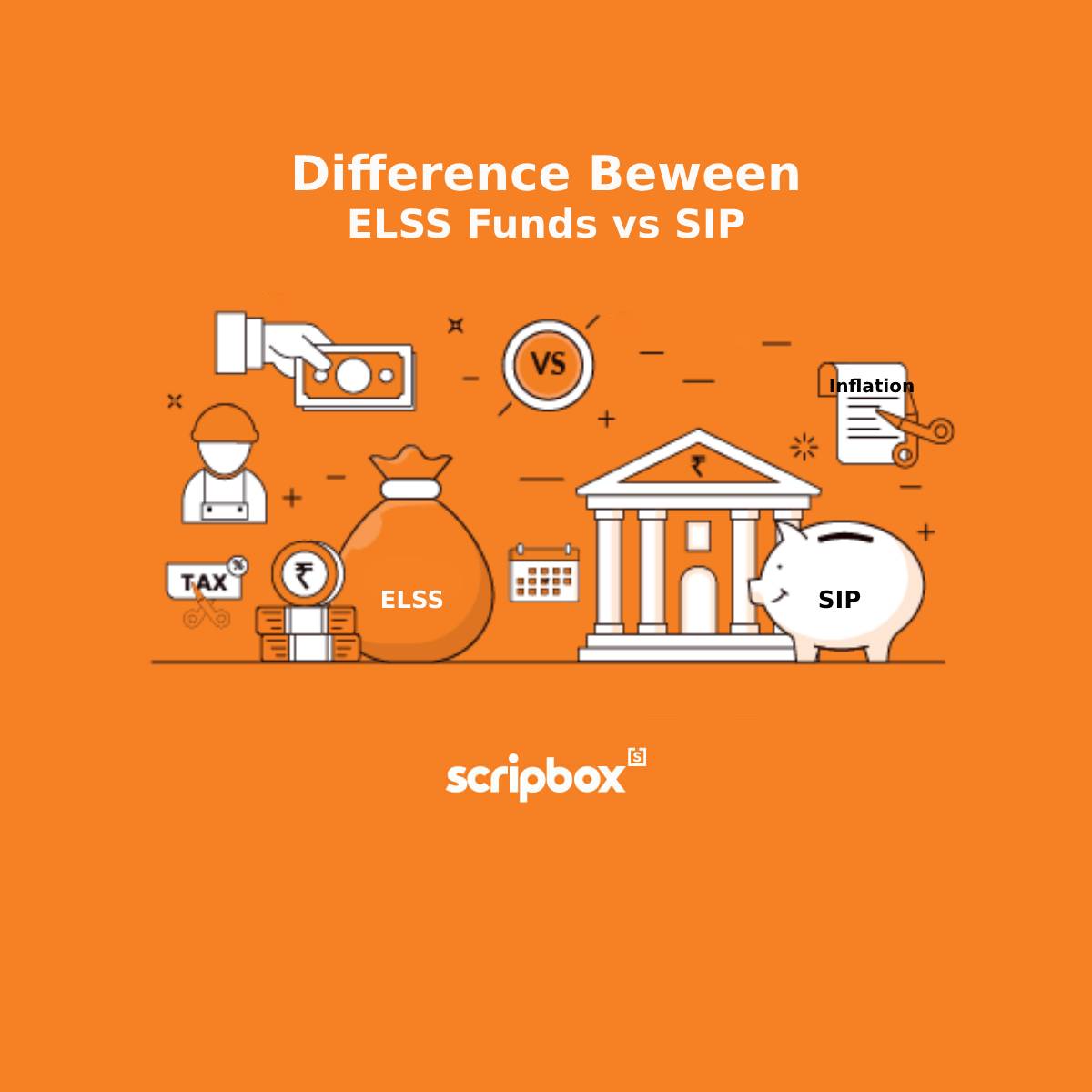What are Penny Stocks?
- A penny stock is a relatively low-priced stock which has a smaller market capitalization. In India, stocks which trade under Rs. 10 falls in this category.
- penny stocks are thinly traded and even if the price zooms in the next few days, you may not be able to off-load all the shares. Any attempt to sell in large quantities only brings the price down.
- Penny stocks has a higher level of volatility, resulting in a higher potential reward and a higher level of risk.
- Since they are prone to price manipulations, sudden delisting and regulatory scrutiny are an added risk.
Price manipulations in Penny stocks
Since the market cap is low, they are easily manipulated by operators who lure unsuspecting investors and dump worthless shares on them. They first create a buzz around a stock, trade among themselves to push up the price, and then nudge investors to buy at high prices. When the price rises, they sell their shares, causing prices to plummet. Remaining investors are left with what is in many cases a worthless security.
Penny stocks are hard to vet
Public companies are required to file regular reports to present the status of their business via audited financial statements. They’re also required to meet minimum standards to be listed on major exchanges, often including a floor for earnings, number of shareholders and the market value of those shares, among other things. These stocks are constantly tracked by analysts and researchers, who quickly bring out any blemishes in the business into the light of the day. On the other hand, penny stocks have very low number of analysts covering them. Also, the financial statements of these companies are less comprehensive and transparent, making them very difficult to research and accurately price.
Penny stocks can be hard to sell
You don’t make any money on an investment until you sell that investment and realize a gain on the sale. Penny stocks bring together the dangerous combination of low liquidity and high volatility. They’re often hard to unload, due to all of the above and because the market for these securities is smaller. At the same time, they can be subject to wild and rapid price swings, which means the price could shift dramatically before you find a buyer.
Conclusion: An alternative to consider
If the low price is the main attraction here, you should know there are other investments that are similarly low-cost but come with far less baggage. If you want to earn high returns by taking high risk, Mutual funds is the right way to go. Scripbox’s research team has curated the Small & Midcap portfolio just for this reason. This portfolio consists of 3 funds that have historically given high returns with high volatility. These funds invest in smaller size firms which have the potential to grow at a much faster pace.
It has delivered an annual return of 21% over the past 10 years. A monthly SIP of Rs. 5000 in this portfolio started 5 years ago is worth Rs. 4.93 lakhs today.
So, instead of betting on obscure penny stocks, you can invest in Mutual Funds which are professionally managed by fund managers, whose every day job is to track the markets and manage investments. All mutual funds are governed by SEBI and are highly secure and transparent. You can start investing with as low as Rs. 500. In short, mutual funds today, provide the right ground for investing with the least effort, and with the potential for maximum returns.
Start your investments in the best mutual funds at www.scripbox.com
























Show comments